It’s always important to leave a lasting impact on the communities and families with whom we work. As an organisation, our main objective is to see to it that there is “no street called home”, in that no one should have to live or work on the streets because survival on the streets is almost impossible. After children have been resettled to their homes we go further, working with their parents and guardians with the aim of helping them to develop sustainable livelihoods in harmony with their communities and environment.
Many of the families we work with are located in rural areas and their main source of livelihood is subsistence agriculture. Agricultural systems are facing growing threats from climate change, which are characterised by inconsistent growing seasons, heavier pest infestations and the spread of crop diseases. These factors often lead to terribly low yields, which can be disastrous for communities with problems such as malnutrition, poverty and ever-increasing disease.
Permaculture business
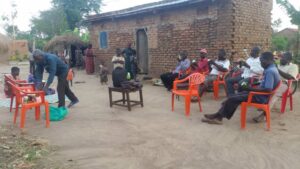
In response, S.A.L.V.E. offers an intervention through our Permaculture Business programme. After a residential training programme that takes three days, we go on to teach sustainable farming practical skills which are business oriented while based in our beneficiaries’ homes. Our aim is to help them farm sustainably and profitably as they implement these interventions.
We’ve also realised that many of these families create an impact within their wider communities. For instance, their neighbours often become inquisitive as to how and why the gardens of our main participants are so successful despite the negative effect of climate change on crop production. These observations are made during the follow-up sessions that we carry out on a monthly basis. Every visit reveals changes to the farmsteads of our beneficiaries, and we also use this time together to look for working solutions to problems that range from pest infestations to poor quality soils.
Sharing and learning through community workshops
One the farms of the main beneficiaries are up and running, we carry out workshops within their homes, where we invite their local community members to join us in learning new skills and unlearning poor habits, like burning crop residues that could otherwise be used as compost in a more sustainable farming system.
The workshops are always lively and create a great impact on the community, and the participants will sometimes invite the local authorities to share and discuss their practical farming experiences. In particular, the practical sessions of the workshops really show that there is great demand for knowledge transfer regarding good farming practices, like home gardening, farm integration, seed saving, water smart strategies and many others (especially in times of hardship). Furthermore, the farmers enjoy learning and sharing information about simple things like sack gardens. Many of them express that they are excited to try out their new skills at their own homes.
Later on, we conduct an evaluation visit to find out how the community is adopting the new shared skills. These visits reveal a lasting community impact, indicating that one by one communities can be transformed whilst continuing to use locally appropriate approaches to combat climate change and its devastating effects.
At S.A.L.V.E International, all our efforts are directed towards improving the lives of street connected children and their families. We try to achieve this by helping them reintegrate into their families, and by working with their families to develop their livelihoods for a better future. We would therefore ask that all well-wishers stand with us so that we can achieve these goals and change lives for the better.
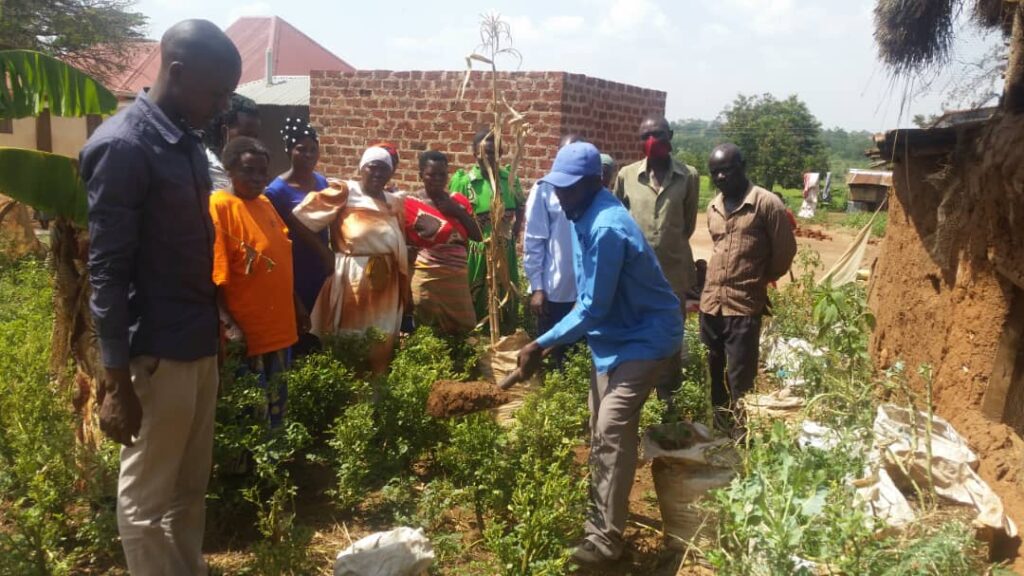

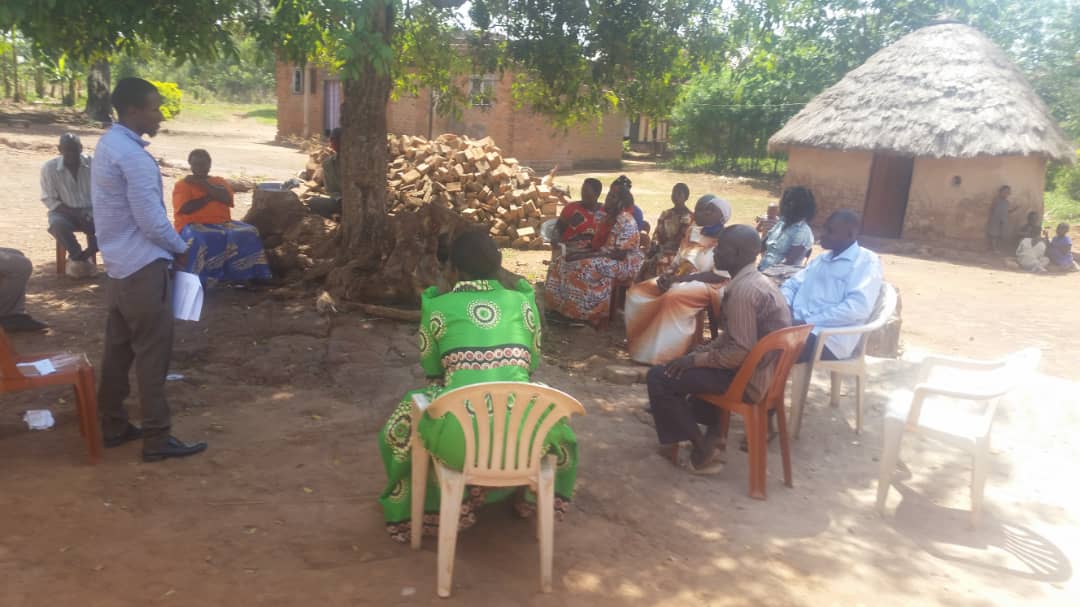

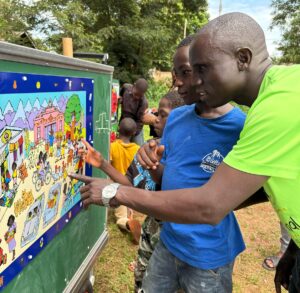
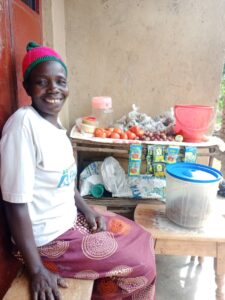
0 Comments